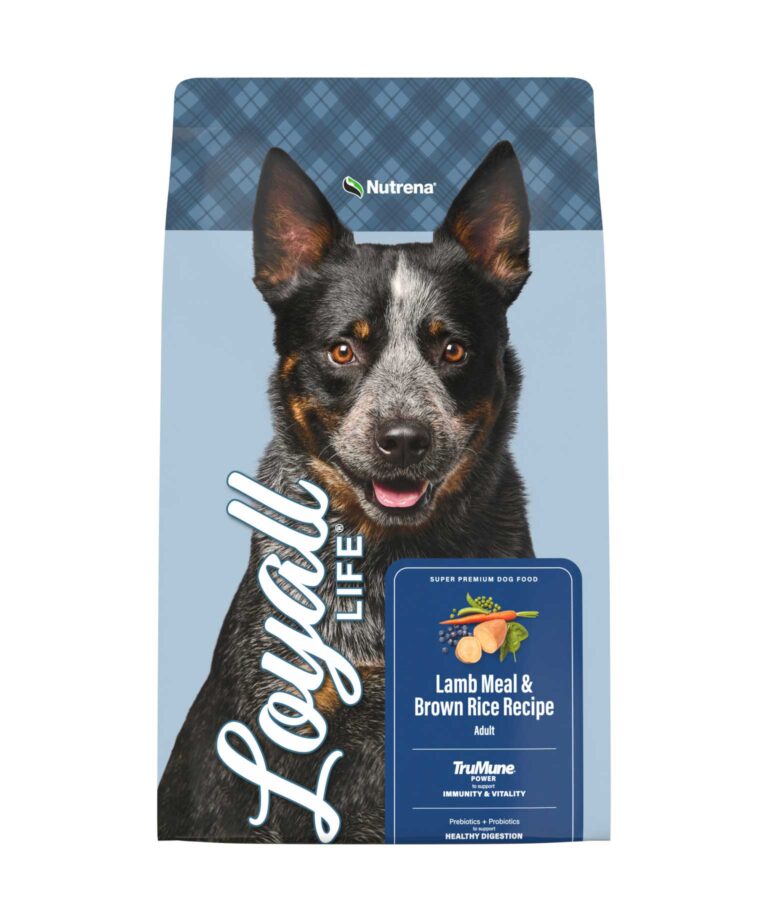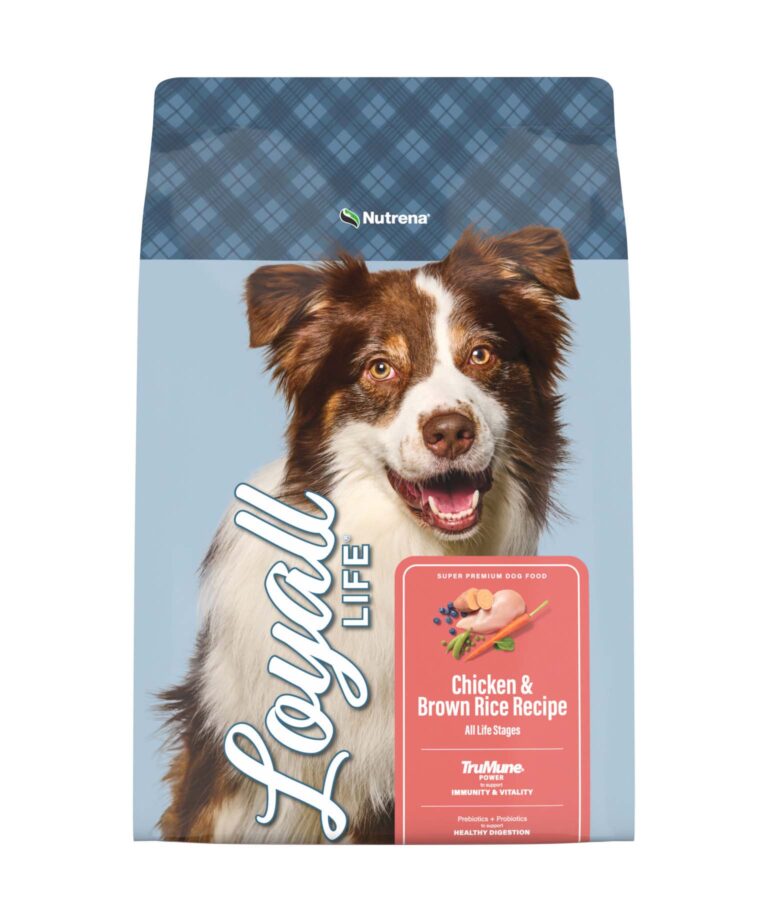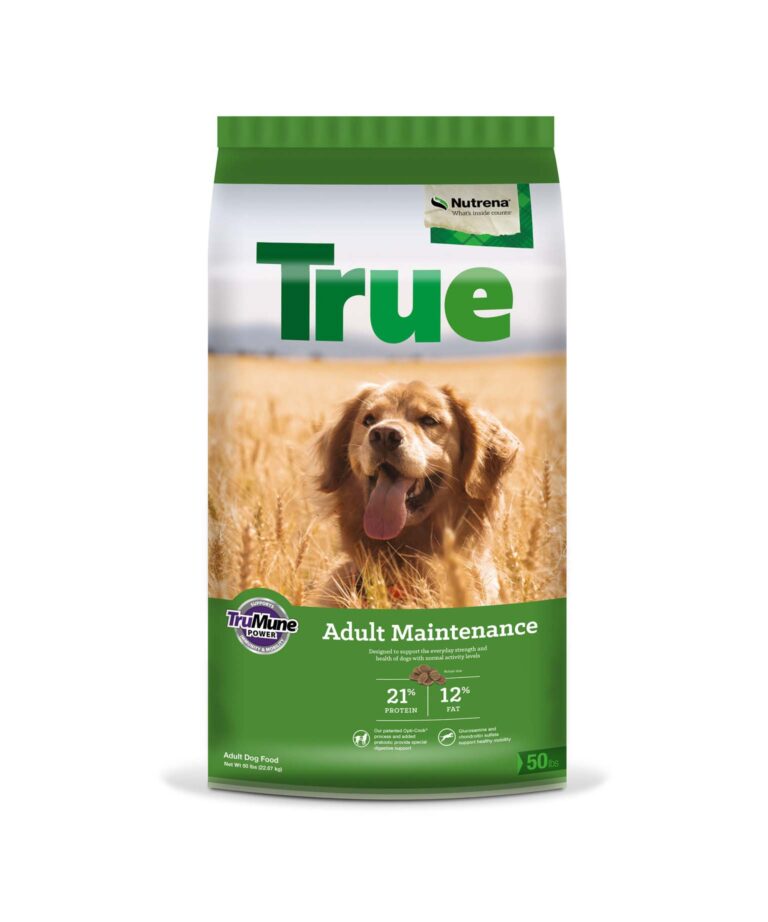Transitioning Your Dog To Adult Food
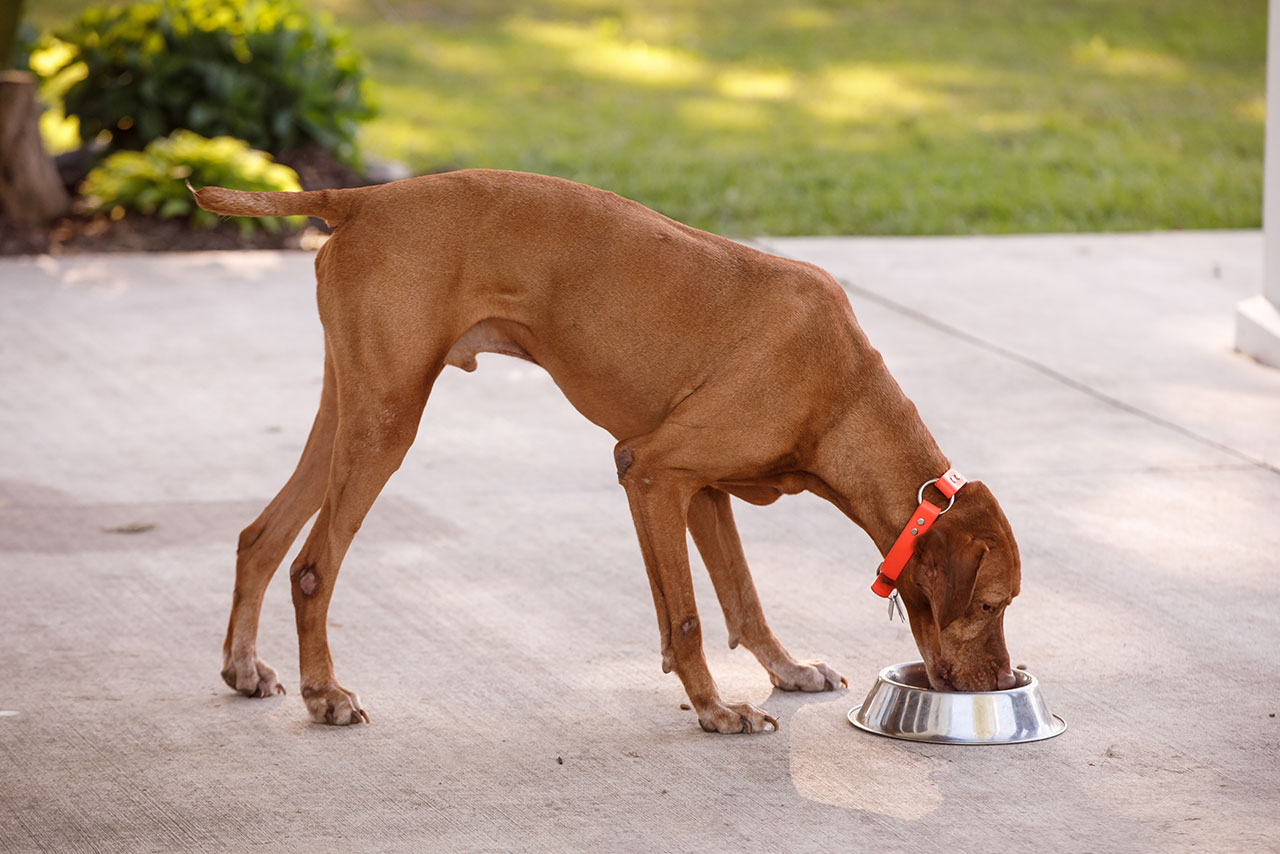
Between the chewed-up toys and puppy breath, your puppy turns into an adult dog in the blink of an eye. Gone are the days filled with housetraining and puppy play. Now, days revolve around the dog park and long walks. Alongside a change in activity, a change in diet is necessary to keep them adventurous and healthy.
How do you decide when it’s right to make the transition, and what’s the best plan of action? Here are a few things to consider.
Table of Contents
Key Takeaways
- Consider your dog’s breed and maturity before transitioning to adult food.
- Make the switch gradually over 7 to 10 days using a mix of puppy and adult food.
- Choose recipes with essential vitamins and minerals, ensuring they meet your dog’s specific needs.
- Older dogs require a balanced diet with proper protein, fat, and calorie levels to prevent weight gain.
- Support large breed dogs with recipes that include glucosamine, chondroitin sulfate, and l-carnitine for joint health and weight management.
When Your Dog Should Switch
When your pup has fully grown, you can begin the transition into adult food.
Smaller breeds mature faster than larger breeds. For example, a dog weighing 30-50 pounds might take anywhere from 10-12 months to reach maturity, while dogs weighing 50-100 pounds could take up to two years.
If you still need help determining whether they are ready, you can reach out to a trusted veterinarian.
A Slow and Gradual Change
Like us, dogs love and rely on their routine, so create a gradual transition to prevent stress and digestion issues.
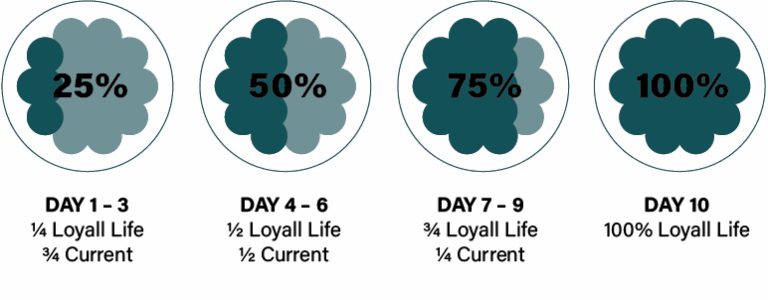
It can take seven to ten days to get your pet comfortably acquainted with their new food. Keep the same bowl in the same place to keep the environment consistent and begin with the rule of fourths by gradually mixing the puppy and adult food. For example, you might start with 75% puppy food and 25% adult food on the first day. After a few days, change the ratio to 50% of each until your dog reaches 100% adult food.
Then, make sure to reward your dog with a treat or a high-five–they made it!
Evolving Nutritional Needs
Dogs are more susceptible to health issues as they age, whether oral, joint, or skin and coat related, so it’s essential to provide them with the best nutrition.
Here are some key nutritional differences between puppies and dogs:
- While puppies have no problem burning off the calorie-dense food, older dogs are more susceptible to weight gain, so their food should have the optimal balance of protein, fat, and calories to maintain proper body condition and weight.
- As your dog ages, their immune system weakens, so they need vitamins and essential trace minerals to support key body functions such as immune response.
Choosing the Right Recipe
No matter your dog’s breed, our recipes are complete and balanced to help transition your dog into a healthy adulthood.
Our Adult recipes include essential vitamins and minerals, are created with wholesome ingredients, and are free of by-products. They feature protein as the first ingredient and come in tasty options like chicken, lamb, and our new option, beef.
If your dog weighs under 70 pounds, consider one of our Loyall Life Adult recipes. For large breed dogs over 70 pounds, consider one of our Loyall Life Adult Large Breed recipes, which includes glucosamine and chondroitin sulfate for healthy joints and l-carnitine for healthy weight to support your large breed dog.
Using the tips provided, you can help your dog ease into this new chapter and keep them strong for adventures.

